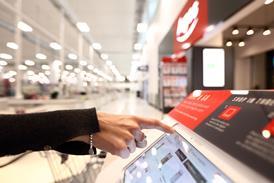Apple: The tech company transforming retail

The fanfare surrounding Apple’s Covent Garden store is the latest example of how it is not only driving technological innovation but transforming retail as well. By George MacDonald
Already have an account? Sign in here



















